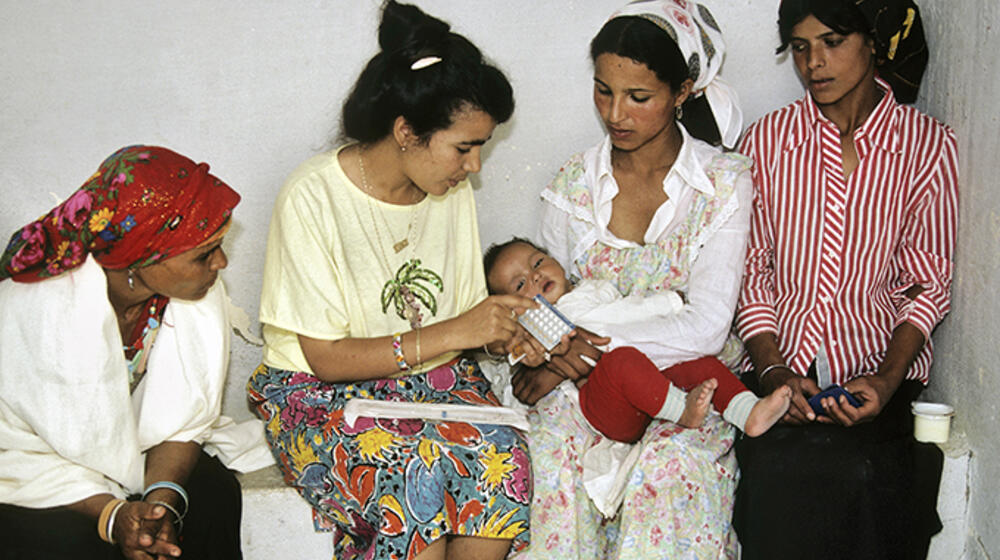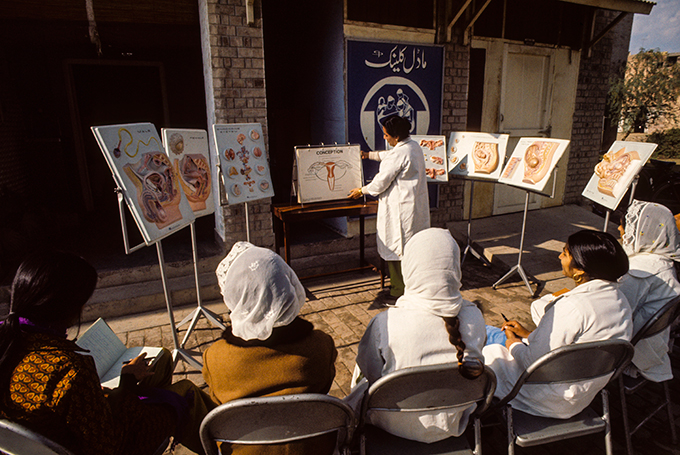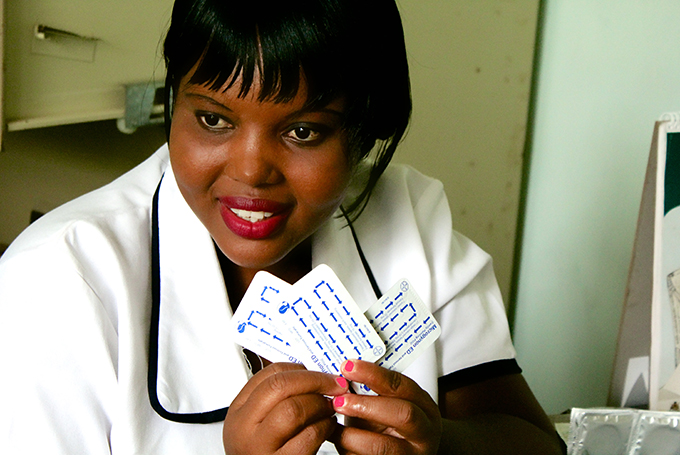
UNITED NATIONS, New York – Fifty years ago, on 13 May, the world declared family planning to be a basic human right.
Throughout all of human history, efforts to plan, avoid or delay pregnancy had been a private struggle endured by women and girls. But at the 1968 International Conference on Human Rights, family planning became a human rights obligation of every country, government and policymaker.
The conference’s outcome document, known as the Teheran Proclamation, stated unequivocally: “Parents have a basic human right to determine freely and responsibly the number and spacing of their children.”
Embedded in this legislative language was a game-changing realization: Women and girls have the right to avoid the exhaustion, depletion and danger of too many pregnancies, too close together. Men and women have the right to choose when and how often to embrace parenthood – if at all. Every individual has the human right to determine the direction and scope of his or her future in this fundamental way.
Yet 50 years later, this right is under attack.
In many places, there are efforts to limit education about family planning, to restrict the variety and availability of contraceptive methods, and to prevent women and youth from accessing contraceptives at all. In other places, this right is simply unrealized through lack of access to family planning information and services.
Misinformation about family planning is rampant – and deadly. In Lebanon, one Syrian refugee reported that her husband forbade contraception, believing it causes infertility. As a result, she said, “I had back-to-back pregnancies. This caused me to have iron and calcium deficiency and made my body very weak.”
In fact, expanding access to family planning would save tens of thousands of lives every year by preventing unintended pregnancies, reducing the number of abortions, and lowering the incidence of death and disability related to complications of pregnancy and childbirth.
Until family planning is a universally available choice, this human right will not be fully realized. UNFPA and the World Health Organization have recognized nine standards that must be met in every community, for every individual.

Nine standards to uphold the human right to family planning
1. Non-discrimination
Family planning information and services cannot be restricted on the basis of race, sex, language, religion, political affiliation, national origin, age, economic status, place of residence, disability status, marital status, sexual orientation or gender identity.
2. Available
Contraceptive information and services must be available in sufficient quantity, with sufficient variety, to accommodate everyone in need. This is a human rights necessity, just like access to clean drinking water, adequate sanitation and a minimum standard of health care.
Of course, there are many underlying factors that affect the availability of contraceptive information and services, such as the quality of education system and health infrastructure. Still, these issues must be addressed as a matter of human rights.

3. Accessible
Countries must ensure that family planning commodities and services are accessible to everyone. This means services and information must be physically accessible, as well as affordable.
4. Acceptable
Contraceptive services and information must be provided in a dignified manner, respecting both modern medical ethics and the cultures of those being accommodated.
5. Good quality
Family planning information must be clearly communicated and scientifically accurate. Contraceptive commodities must be unexpired, and contraceptive services must be provided by skilled health personnel in a safe, sanitary environment.

“I thought family planning was for married people, not for girls,” said Blessings Sonkhanani, a nurse in Malawi, in 2015. She has been trained to provide sexual and reproductive information and care to young people. “Now I know that anyone of childbearing age is eligible for family planning,” she said. © UNFPA/Meaghan Charkowick
6. Informed decision-making
Every person must be empowered to make reproductive choices with full autonomy, free of pressure, coercion or misrepresentation. Comprehensive contraceptive counselling must equip people with a full understanding of their choices, and they must be free to refuse any and all options.
7. Privacy and confidentiality
All individuals must enjoy the right to privacy when seeking family planning information and services. Health workers must be trained to uphold the confidentiality of all people exercising their right to family planning.

8. Participation
Countries have an obligation to ensure the active and informed participation of individuals in decisions that affect them, including health issues. This means, for instance, that women – who are often the primary recipients of family planning services – must be represented in the development of policies related to these services. Young people must be included in efforts to promote education about sexual and reproductive health, including family planning. The perspectives of vulnerable and marginalized must be incorporated into the provision of services in their communities.
9. Accountability
Health systems, education systems, leaders and policymakers must be accountable to the people they serve in all efforts to realize the human right to family planning. This means women, young people and marginalized populations must be aware of their right, and must be empowered to seek redress if this right is violated.

